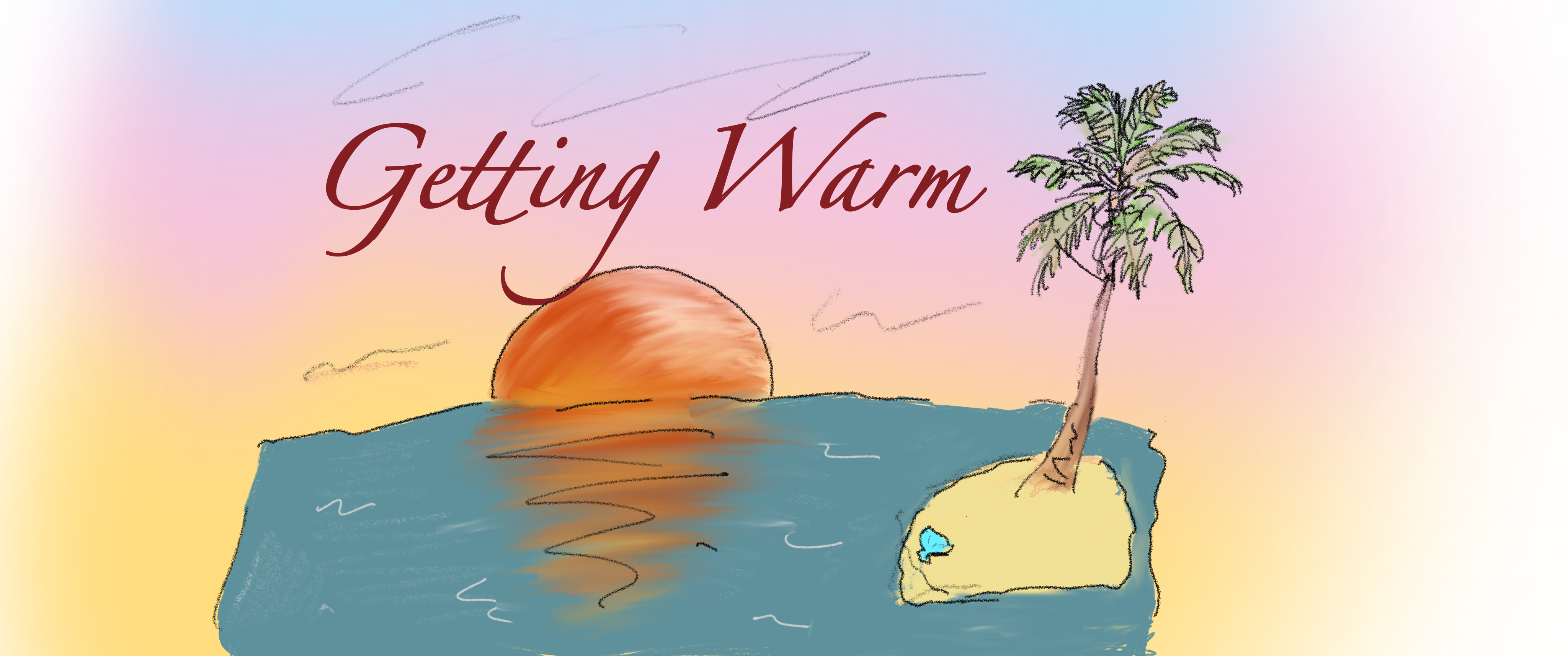

As I read your post, I found myself comparing my gaming teen to her 8-year-old self. She used to game a little, dance at a studio, ride her bike, take field trips with homeschoolers.My response:Over the years, nearly everything fell away in favor of gaming.
Same as your son, friends the world over.
Now, she builds computer systems, adds onto them, travels to Asia to meet gaming friends. It seems to be true that gaming triggers dopamine release, however, she is looking for a part-time job, applying to college, brushing up on math. Ok by me, as she is happy and safe.
I came to understand that she is not gaming every minute of every hour, but engaging in conversations with gamers, learning where they live, what they eat, music choices, religious stands, political beliefs, and so much more. When (and if) your son talks to you, listen to the things he mentions beyond the scope of the actual games. I'm astonished, really.
In the midst of many positive, nice things, [the mom] wrote " It seems to be true that gaming triggers the dopamine release, however,..."Virginia Warren:Why "however"?
It triggers happiness, satisfaction, the desire to continue, the desire to repeat.The reason there was a hippie slogan in the late 1960's "If it feels good, do it" was that they grew up with parents and grandparents who had been told life wasn't about fun; comfort had to be earned; if it was easy, it was a sin; if it didn't taste bad, it wasn't good for you.
Those things are said to justify hardship, control, and deprivation. They're said to glorify sacrifice, discomfort, yucky medicine and bitter vegetables (which kids probably will like and choose when they're older if they're not forced to eat them as kids).
If something causes biochemical euphoria or elation, and if the goal is learning, and peace, seek that out. Pay extra for that. Clear your calendar to help your child obtain that.
To the extent that our brains are chemical computers, dopamine is the program that we experience as happiness. Seeing "getting a dopamine hit" in a negative light is literally disapproving of happiness.Sandra Dodd:
YES! In the "getting warm / getting cold" clues people should pay attention to when learning to make better choices, WHY should it be considered virtuous or healthier to ignore one's personal feelings and choose "cold"?Don't do it.
|
Choice by choice
 People can come nearer to the way they would like to be, but only incrementally, choice by choice.
photo by Cathy Koetsier |
"Sensorimotor" stage: birth to two or three (some children longer)
Children need to touch and play and see, and the feedback they need can be of a "getting warm" and "getting cold" nature: looks, encouraging or discouraging tone of voice. Don't expect them to understand anything complicated or to follow directions. One big thing babies learn after a while is "object permanence"—that parents or toys still exist even when they're out of sight. It's peek-a-boo season!
Not "direction" as in being directed by someone else, but "direction" in having a destination in mind.
Which way are you going? What is "warm" and what is "cold"?
[I was responding to a dad who said people needed to make lots of bad choices to learn what good ones were; more of it is quoted at Making the Better Choice]

